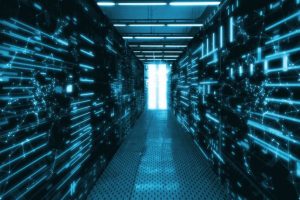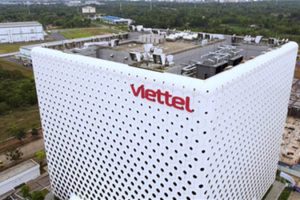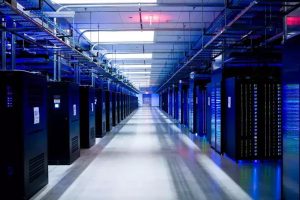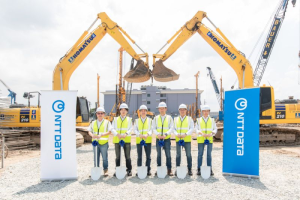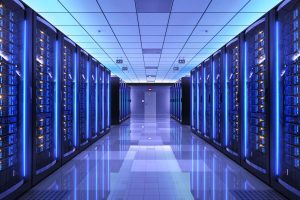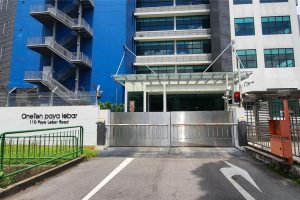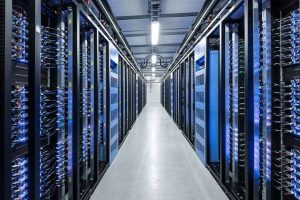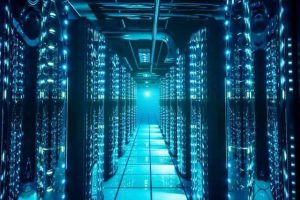As we approach 2024, Vertiv, a global provider of digital infrastructure solutions, predicts significant trends in the data center industry. The dominating theme is the integration of artificial intelligence (AI) capabilities while addressing energy consumption, costs, and environmental concerns. The key trends highlighted by Vertiv include:
- AI-Driven New Builds and Retrofits: The surge in AI demand necessitates substantial changes to data center operations. Legacy facilities are adapting through new constructions with modular solutions or large-scale retrofits to support high-density computing. Eco-friendly technologies like liquid cooling will play a crucial role in these transformations.
- Energy Storage Evolution: New energy storage technologies, especially Battery Energy Storage Systems (BESS), will gain prominence in 2024. These systems intelligently integrate with the grid, reducing reliance on generators and supporting extended runtime demands. BESS installations are expected to align with “bring your own power” (BYOP) models, promoting sustainability and addressing AI-driven energy needs.
- Enterprises Prioritize Flexibility: While cloud providers expand to meet AI demand, enterprise data centers will diversify investments. AI integration will influence on-premise capacity decisions, and edge deployments may adapt to AI trends. Organizations will invest in incremental solutions, leveraging prefabricated modular options, and extend the life of existing servers for sustainability.
- Security Challenges in Cloud Migration: The cloud’s global spending is projected to rise by 20.4% in 2024. Cloud providers, facing increased demand for AI and high-performance computing, rely on colocation partners. Security becomes paramount, with 80% of CIOs planning increased spending on cyber/information security. Disparate data security regulations may pose complex challenges.
Paul Churchill, VP and GM at Vertiv Asia, notes the growing investments in AI technology across Asia. Vertiv aims to assist customers in managing AI integration challenges, offering a range of solutions from modular setups to predictive maintenance services, contributing to efficient and sustainable IT systems.











